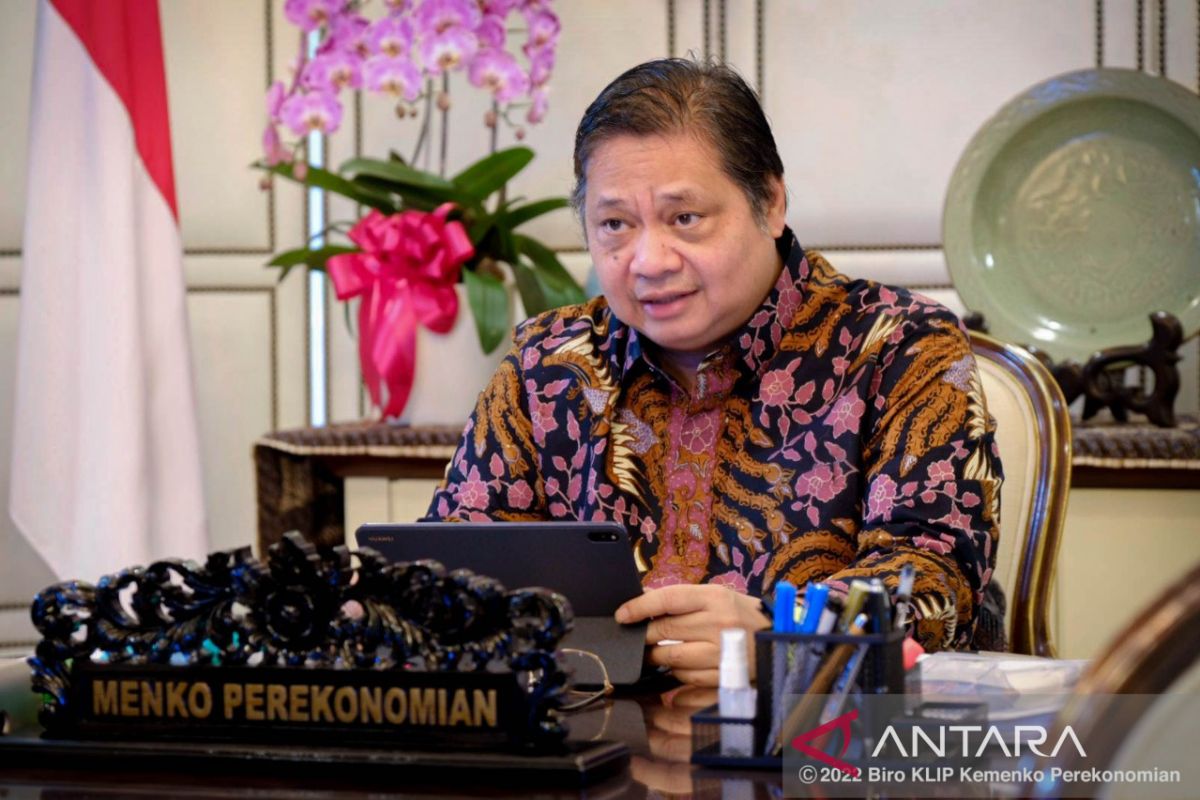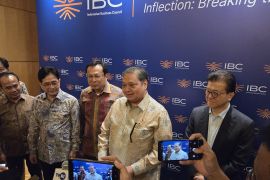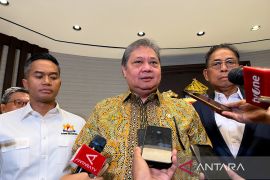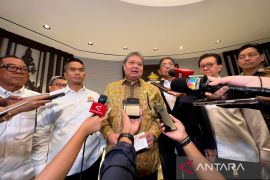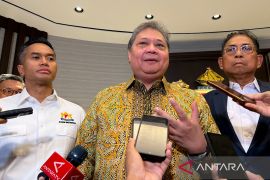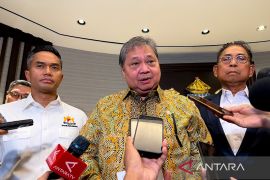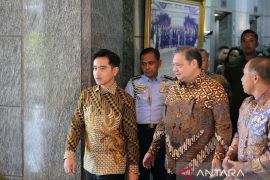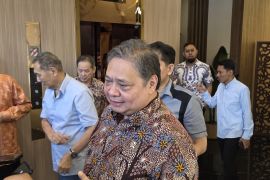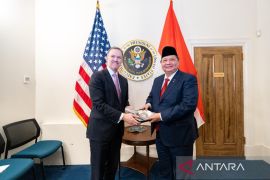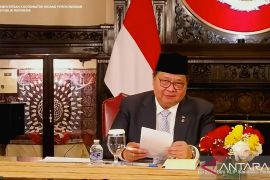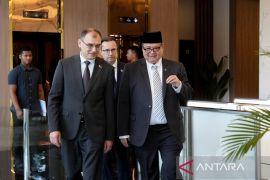"I am optimistic that policies in the trade sector would continue to be improved and run well and synergize with other ministries. We want to encourage sustainable economic growth," Hartarto noted in a statement, Thursday.
The minister pressed for strong coordination in responding to various economic challenges in 2022. Prompt response from all parties is deemed crucial to maintain the momentum of national economic recovery.
Hartarto affirmed that the trade sector showed strong resilience in 2020 and 2021. To this end, the government will continue to push the trade balance to maintain a consistent surplus as had occurred for 21 consecutive months since May 2020. All export components per sector experienced an increase in January 2022, with a total surge of 25.3 percent (yoy).
"In terms of exports in January 2022, we see an increase as compared to January last year. This situation certainly shows that the composition of our exports has begun to shift from primary commodity-based commodities to industrial-based commodities," he explained.
Meanwhile, the imports of capital goods and raw materials have increased at a higher rate than those of consumer goods. Commodities of machinery and mechanical equipment and their parts will become the main imported commodities in January 2022. This indicates that the need for production factors continues to rise due to increased production activities in line with changes in mobility that trigger increased demand.
"The government has decided to continue to encourage national economic recovery in 2022 at 5.2 percent while still paying attention to risks, both global and domestic," he remarked.
The National Economic Recovery Program (PEN) is also continuing to focus on providing direct support to the community through job creation and social protection. At the same time, the PEN Program will also stimulate the performance of Micro, Small, and Medium Enterprises (MSMEs) and Cooperatives through business incentives and financial support.
In addition, the 2022 smallholder business credit (KUR) ceiling has risen by up 30 percent as compared to last year. The interest is also subsidized by three percent until the end of the year, Hartarto noted.
"This is an opportunity to stimulate the economy of MSMEs, which based on data, are mostly engaged in the trade sector," he added.
Regarding the month of Ramadan and Eid al-Fitr, the government also continues to maintain food price stability. The government is committed to maintaining volatile food inflation in the 3-5 percent (yoy) range.
“Various strategies, optimization, and also digitalization from upstream to downstream are very important. This is especially to strengthen inter-regional cooperation," he said.
Related news: Infrastructure development to boost long-term economic growth: Nazara
Related news: Uniform digital transformation key to digital economy growth: ministry
Related news: Youth should understand science, technology to compete: Minister
Translator: Kuntum Khaira R, Resinta S
Editor: Sri Haryati
Copyright © ANTARA 2022
